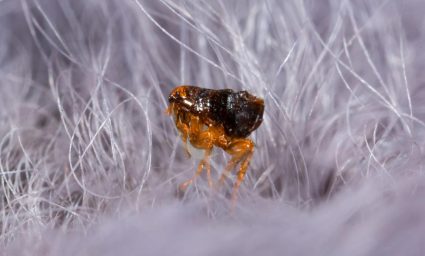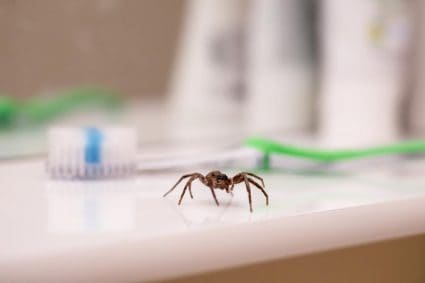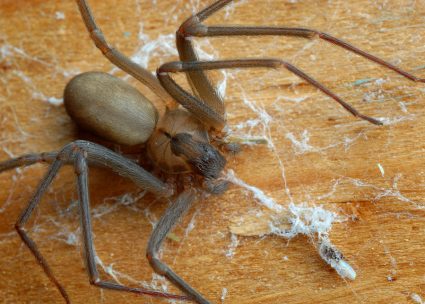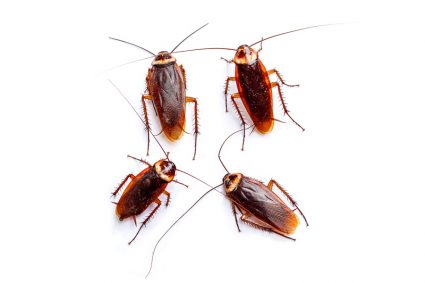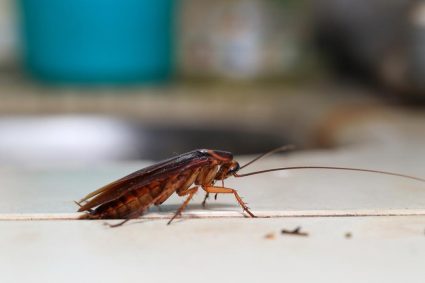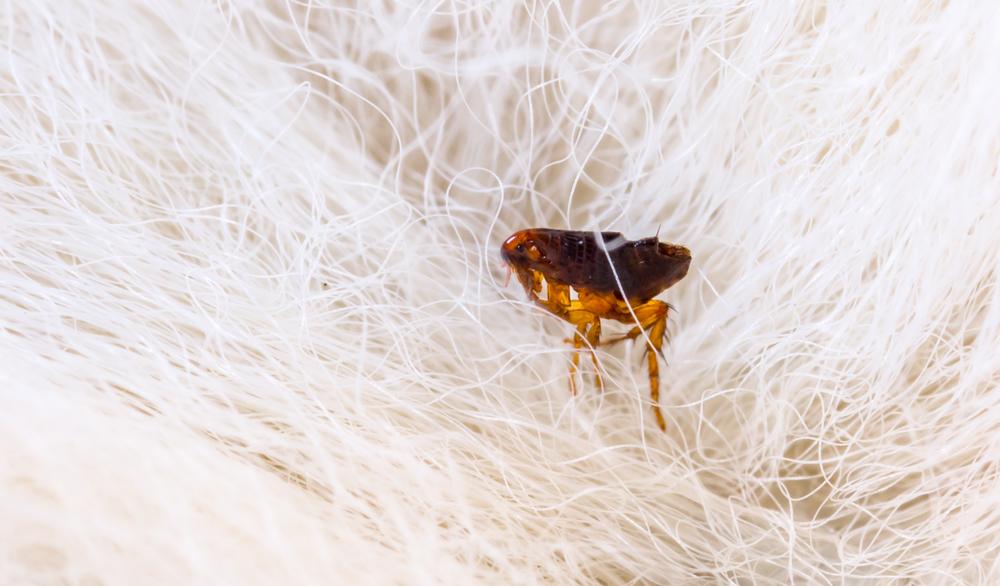
Flea eggs are tiny, oval-shaped, and off-white in color, measuring about 0.5 millimeters in length and half as wide. They are often compared to grains of salt or sand due to their size and appearance. If you accidentally ingest a flea egg, it is unlikely to cause any harm or significant health issues. Flea eggs are not harmful to humans, but they can cause discomfort and irritation if they hatch and lead to a flea infestation in your home.
If you accidentally ingest a flea egg, it is unlikely to cause any significant harm or health issues. Flea eggs are not harmful to humans, but they can cause discomfort and irritation if they hatch and lead to a flea infestation in your home. Flea eggs cannot hatch inside the human body. The primary health risk associated with ingesting flea eggs is the potential for infection with the tapeworm Dipylidium caninum, but the risk is very low.
The Journey of Accidental Ingestion
Flea eggs are laid by adult fleas on pets, and they can easily fall off the host and end up in the environment, such as carpets, bedding, and furniture. Humans can accidentally ingest flea eggs if they come into contact with contaminated surfaces or objects and then touch their mouths. However, it’s more common for humans to accidentally ingest fleas themselves, rather than their eggs, while grooming their pets or through contact with infested animals.
Potential Health Risks
Ingesting flea eggs can potentially lead to health risks, primarily due to the possibility of infection with the tapeworm Dipylidium caninum. However, the risk of infection in humans is very low. For a person to become infected with Dipylidium, they must accidentally ingest a flea infected with a tapeworm larva. Flea larvae themselves are not dangerous or harmful to humans.
Symptoms of Ingesting Flea Eggs
While the risk is low, it is still essential to maintain proper hygiene and take preventive measures to avoid flea infestations in your home and on your pets. If a person has ingested flea eggs, they might experience symptoms similar to a tapeworm infection, such as abdominal pain, diarrhea, weight loss, and malnutrition.
Can Flea Eggs Hatch inside the Human Body?
Flea eggs cannot hatch inside the human body. While fleas can bite humans and survive on human blood, they do not live or breed on humans due to the lack of substantial hair for protection and reproduction. Fleas generally live on animals with fur or feathers, such as dogs, cats, and birds, where they can hide and reproduce more effectively.
Long-term Health Effects
Ingesting flea eggs is unlikely to cause long-term health effects in humans. Flea eggs are not harmful to humans, but they can cause discomfort and irritation if they hatch and you get bitten by the fleas. However, if you or an animal ingest a flea, it’s possible to get a tapeworm. Fleas can carry tapeworm eggs, and when a dog or cat accidentally ingests an egg-ridden flea while grooming, the eggs can grow to maturity inside the animal.
Preventing Accidental Ingestion
To prevent accidental ingestion of flea eggs in the future, implement these steps:
- Maintain a clean environment: Regularly clean your home, including vacuuming carpets, rugs, and upholstered furniture, and washing pet bedding in hot water. This helps remove flea eggs and larvae from the environment.
- Treat your pets: Use flea prevention treatments on all pets in your home, as recommended by your veterinarian. This may include monthly spot-on treatments, oral medications, or flea collars.
- Regular grooming: Comb your pets with a flea comb, especially around the neck and tail areas, where fleas tend to congregate. This helps remove adult fleas and their eggs from your pet’s fur.
- Keep your yard clean: Maintain your yard by mowing the lawn, trimming bushes, and removing debris where fleas can hide and breed.
- Use flea control products: Use insect growth regulators (IGRs) and other flea control products in your home and yard, as needed, to target flea eggs and larvae.
- Monitor flea populations: Regularly check your pets and their environment for signs of flea infestations, and take action promptly if you notice any fleas or flea eggs.
By following these steps, you can reduce the risk of accidental ingestion of flea eggs and maintain a flea-free environment for you and your pets.
Frequently Asked Questions
Can flea eggs survive in human hair?
No, flea eggs cannot survive in human hair. Flea eggs need a warm, humid environment to hatch, which is typically provided by the fur or feathers of pets, not human hair.
Can I see flea eggs with the naked eye?
Yes, you can see flea eggs with the naked eye, but they are very small (about 0.5 millimeters in length), and their off-white color can make them hard to spot, particularly on light-colored surfaces or fabrics.
How long does it take for flea eggs to hatch?
Flea eggs usually hatch into larvae within 2 to 14 days, depending on the environmental conditions. Warm and humid conditions can expedite the hatching process.
What do flea eggs look like?
Flea eggs are tiny, oval-shaped, and off-white in color, often compared to grains of salt or sand due to their size and appearance.
Can flea eggs cause any allergic reactions if ingested?
Ingesting flea eggs is not likely to cause an allergic reaction. However, some people may experience an allergic reaction to flea bites, which can cause itching, redness, and swelling.
How can I ensure that the flea treatment products are safe for my pets?
Always consult with your veterinarian before using any flea treatment products on your pets. Make sure to follow the manufacturer’s instructions carefully, and never use products designed for dogs on cats, and vice versa.

